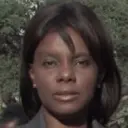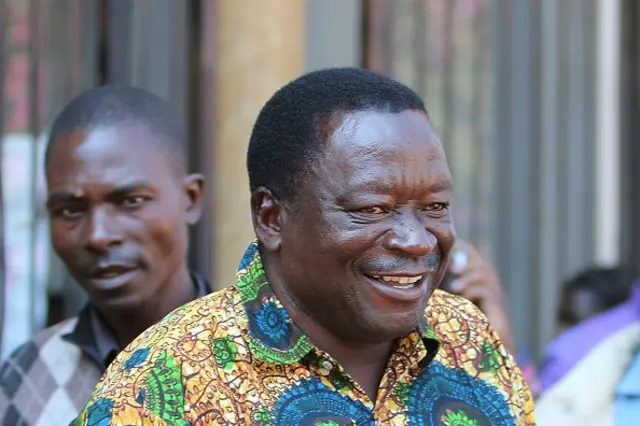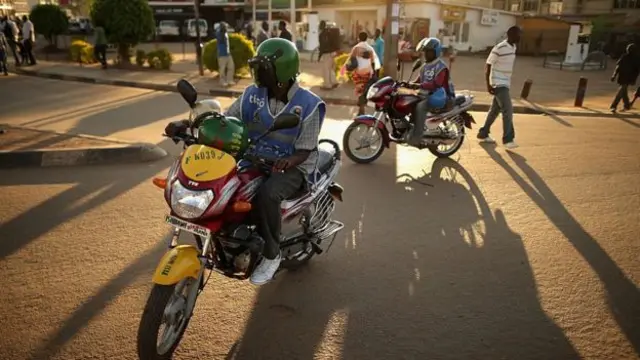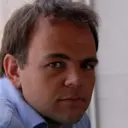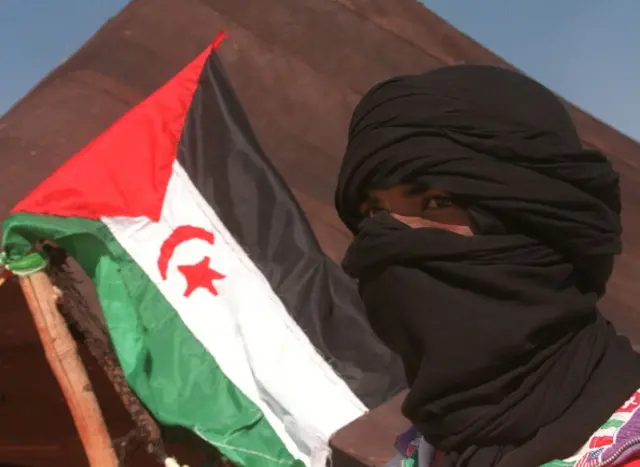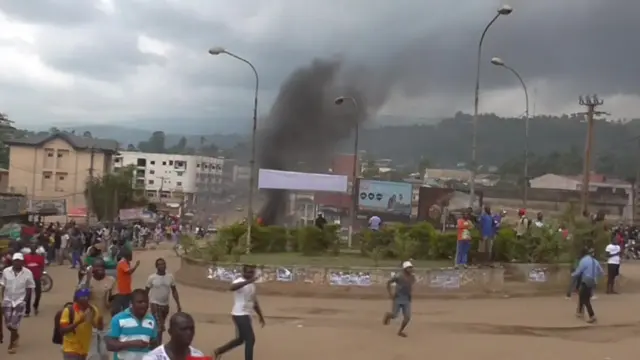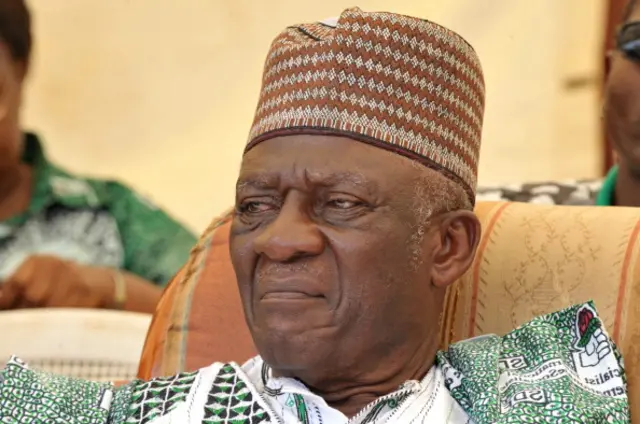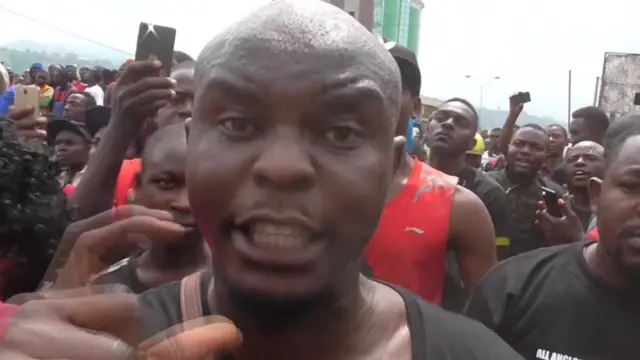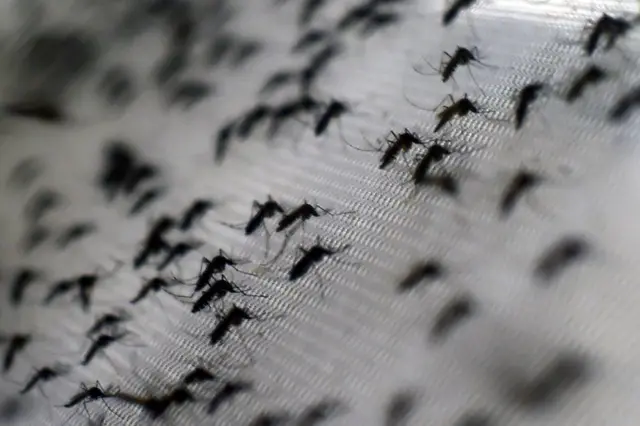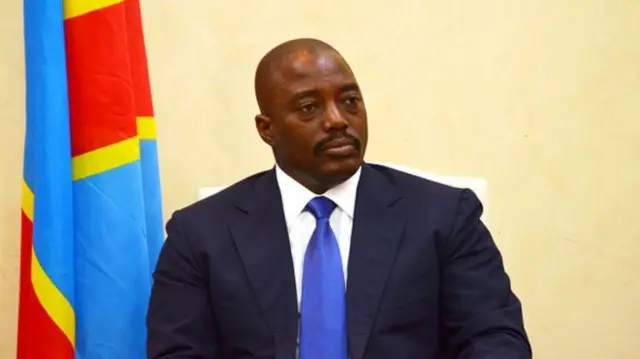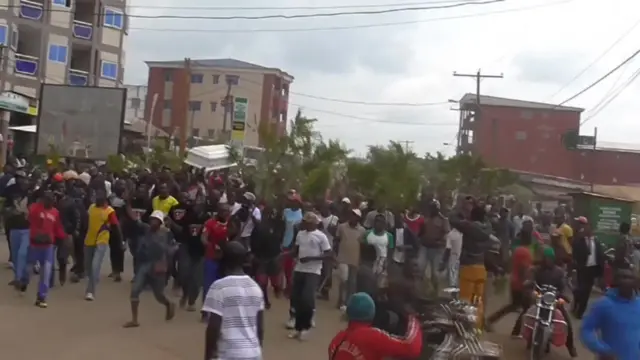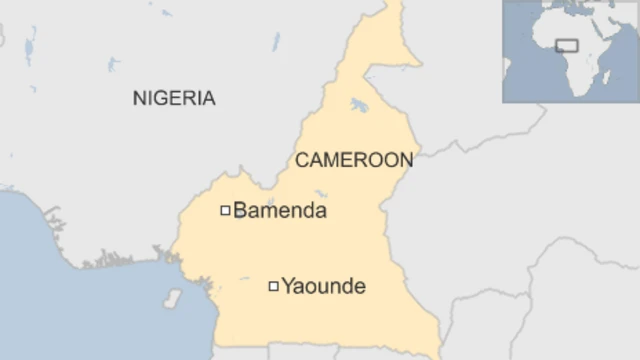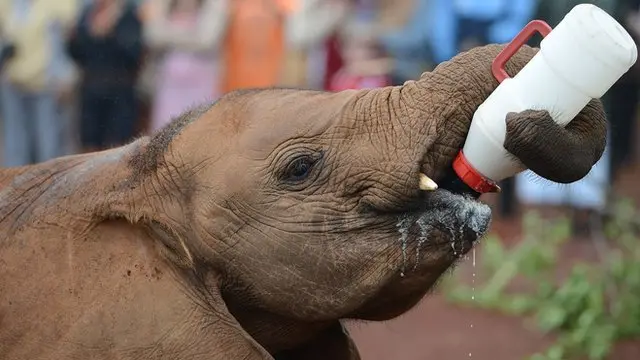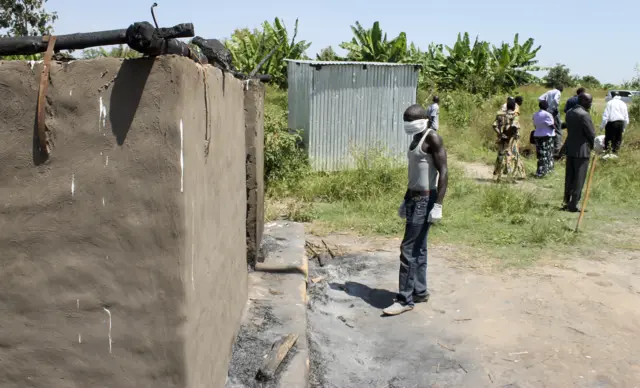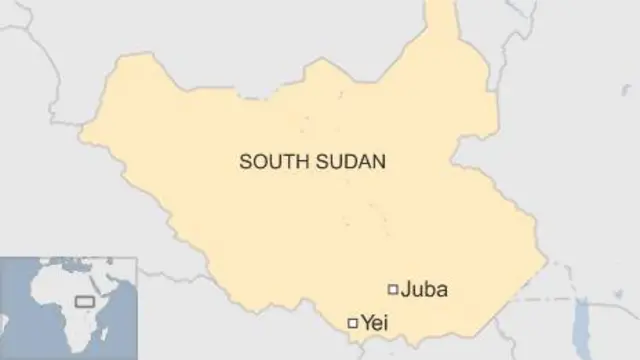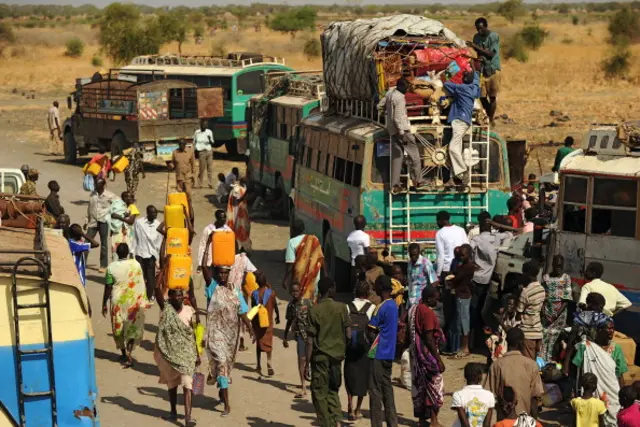Two ex-hostages in extraordinary meetingpublished at 13:21 GMT 23 November 2016
Amanda Lindhout was an aspiring Canadian journalist when she arrived in Somalia for a work trip. Soon after she arrived she was kidnapped by a group of armed men and held for 460 days. On this week’s episode of BBC’s The Conversation she talks to another former hostage, Ingrid Betancourt who was held in the Colombian jungle for six years about escape attempts, survival and what it means to lose your freedom.
In 2002, the French Colombian politician Ingrid Betancourt became perhaps one of the best-known hostages in the world when she was kidnapped and held for over six years, deep in the Colombian jungle, by the Farc or Revolutionary Armed Forces of Colombia.
Watching Ingrid's emotional release on TV in 2008, was a young Canadian journalist called Amanda Lindhout. A month later she herself was taken hostage at gunpoint, on a work trip to Somalia. For the 460 days of Amanda's captivity, she thought about Ingrid nearly every day, inspired by the thought that she too could one day end her ordeal.
The two spoke to each other on the BBC's The Conversation programme, presented by Kim Chakanetsa.
What life as a hostage in the depths of the jungle or in a darkened room can teach you
Photo: Amanda Lindhout (L), by Steve Carty and Ingrid Betancourt by Barker Evans
